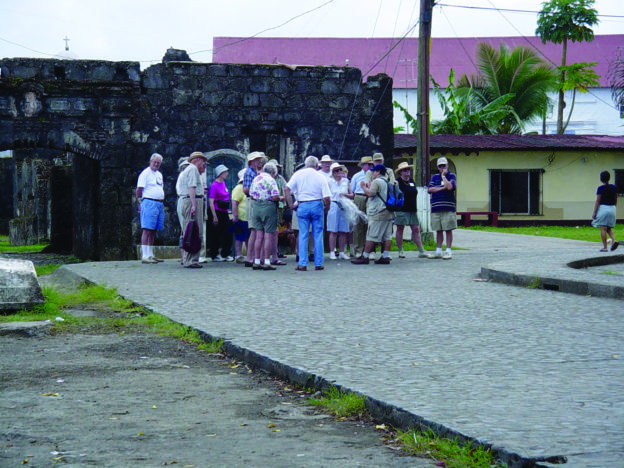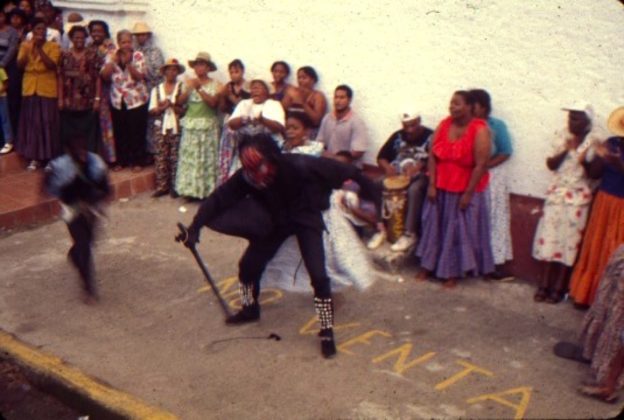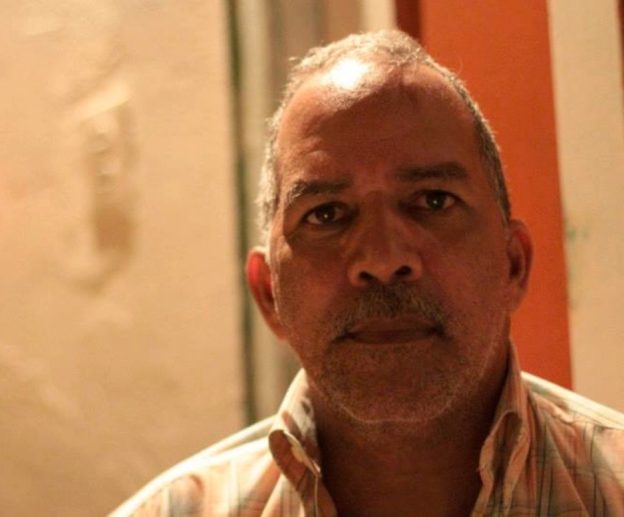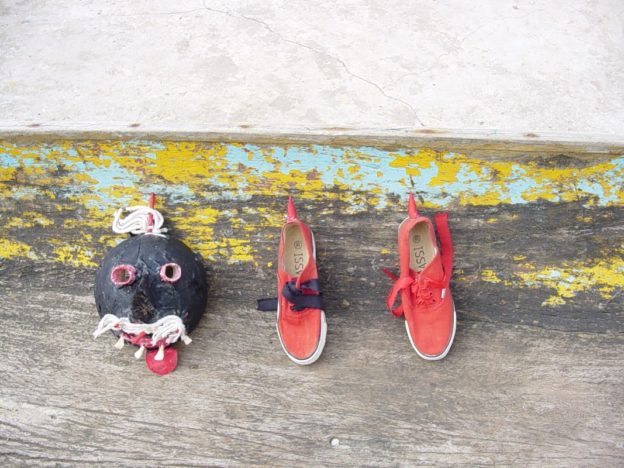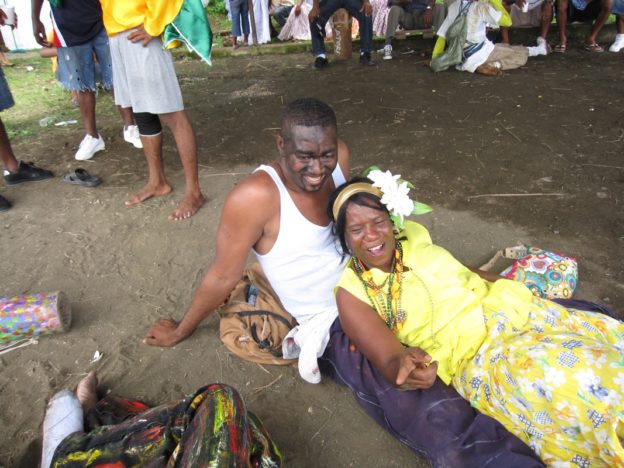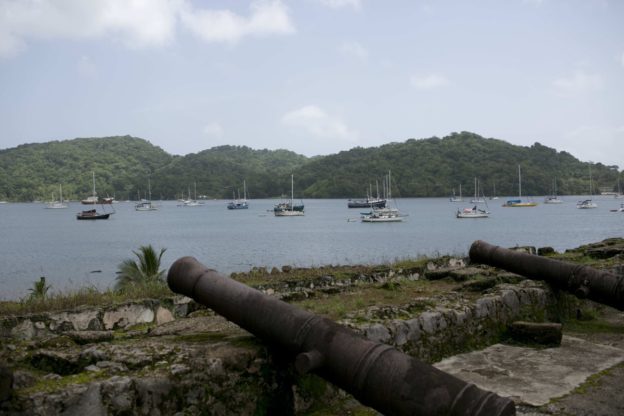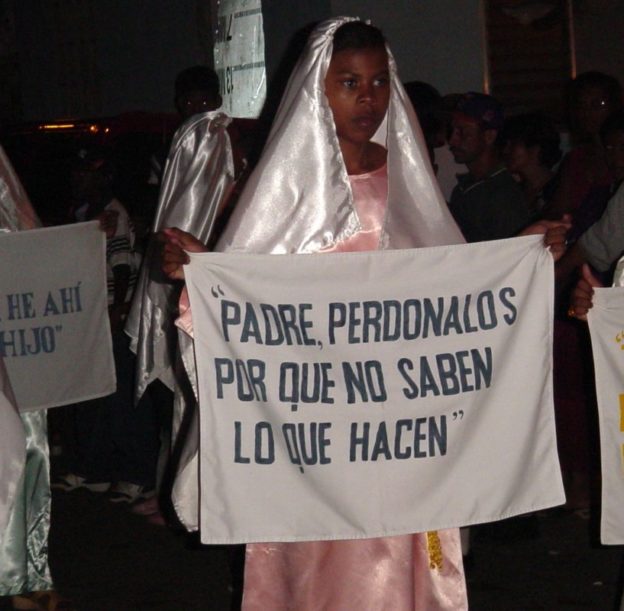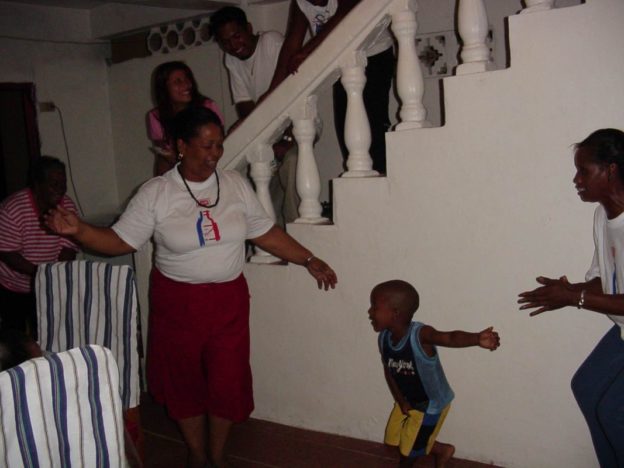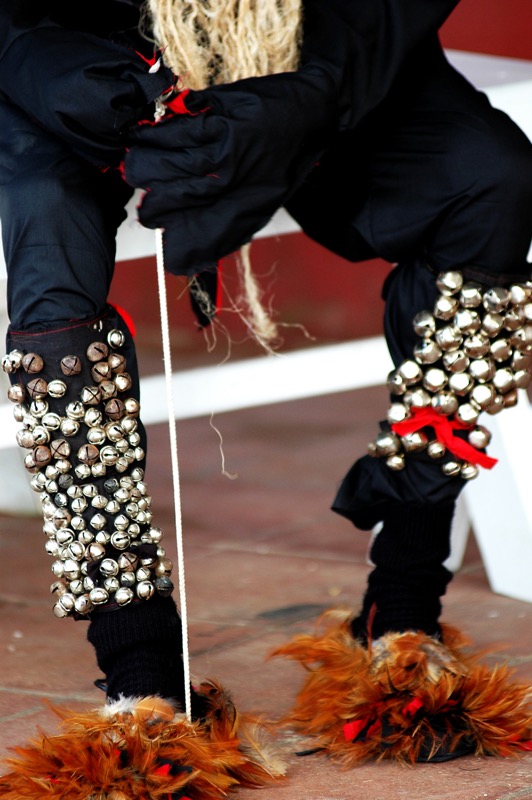In this excerpt, Maestro Andrés discusses the impact of tourism on the tradition, including the monetization of various aspects and changes in costuming. In describing the current tradition, he references the impact of the “the road” on the town. At this point in the recording, the tape appears to have sped up causing distortion.
In this excerpt, Chavarría discusses the ways in which the Devil’s mask initially captured his attention and the double perspective/participant-observer position that it provides.
In this excerpt, Chavarría discusses the ways in which the Major Devil character has changed over his lifetime. He focuses particularly on his choice to follow his mentor’s example by wearing a smaller mask and discusses the value of smaller masks in relationship to the value of larger ones, which many younger devils choose to wear.
In this excerpt, Chavarría discusses how he imagines retiring as Major Devil.
In this excerpt, Chavarría discusses his mentor Celedonio Molinar’s lasting legacy to the town and to the Congo tradition, including a charge to embrace the tradition with pride and joy.
In this excerpt, Chavarría talks about the importance of the Congo tradition and Congo dance to the community’s sense of pride and self. He urges young people to maintain the power of their traditions and to stay anchored to their sense of “place” and home.
In this excerpt, Chavarría shares a story about what happened when the Major Devil played the starring role in the Passion of Christ.
In this excerpt, Chavarría responds to the question, “One hundred years in the future when scholars are studying the Congo tradition in Portobelo, what are the most important things that they should know?”
In this excerpt, Chavarría discusses the way in which hierarchies of Congo Devils greet one another, how they are baptized within the tradition, and the importance of crossing one’s feet and “dancing” in the devil way.
